Counterfeit goods pose a serious threat, causing a range of negative consequences, including economic losses for businesses, risks to public health and the erosion of consumer trust. These fake products appear in increasingly sophisticated forms, from basic imitations to counterfeit branded items and knockoffs. Tackling this issue requires close coordination among authorities, businesses and consumers. According to data recently released by the National Steering Committee 389, more than 34,000 violations related to smuggling, trade fraud and counterfeit goods were detected and handled by law enforcement in the first five months of 2025. Among these, over 8,200 cases involved the sale or transportation of prohibited or smuggled items while more than 25,100 cases were related to commercial fraud. Alarmingly, around 1,100 cases involved counterfeit goods and intellectual property violations. This reality raises serious concerns among consumers regarding product quality control, posing a direct threat to their health and safety.
Currently, counterfeit and substandard goods are not only spreading across e-commerce platforms and social media, but are also becoming increasingly complex in nature. From food, medicine and cosmetics to electronics and everyday consumer goods, there is a pervasive risk of counterfeit or even harmful products being mixed in. Many consumers, attracted by low prices, easily fall into the trap of unscrupulous traders and end up purchasing poor-quality items.
In response to the Prime Minister’s directive on the peak month of combating smuggling, counterfeit goods and trade fraud, functional forces across the country have launched a widespread crackdown. This is a timely and determined action in the face of the alarming spread of fake and low-quality products that are overwhelming consumers. However, the fight against counterfeit goods cannot succeed if it relies solely on State management agencies. This is because it is not until now that the authorities have taken strong action against those who trade in fraud and swindle, but counterfeit goods still appear everywhere.
Combating the problem of counterfeit goods is a crucial task that requires the involvement of the entire political system, including Party committees, authorities at all levels. At the same time, it is essential to strengthen State management across all sectors and actively engage the public in this effort. This is a long-term, ongoing, comprehensive and relentless mission aimed at protecting the health, rights and interests of consumers.
Reported by Nhat Huy-Translated by Kim Tin








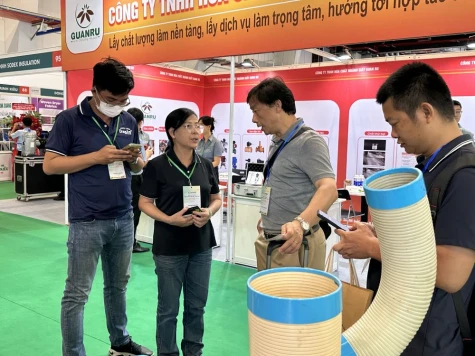
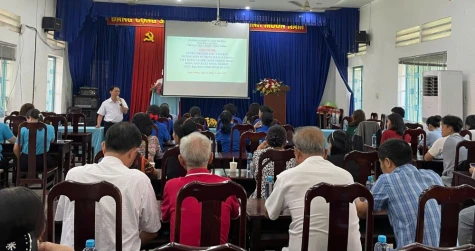

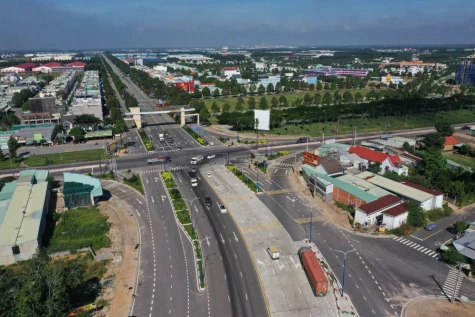



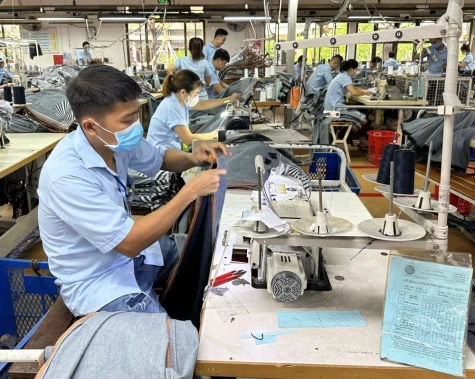




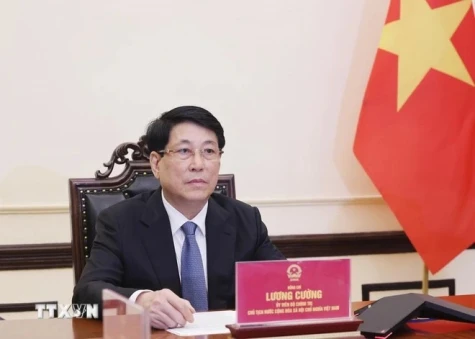






Xem thêm bình luận